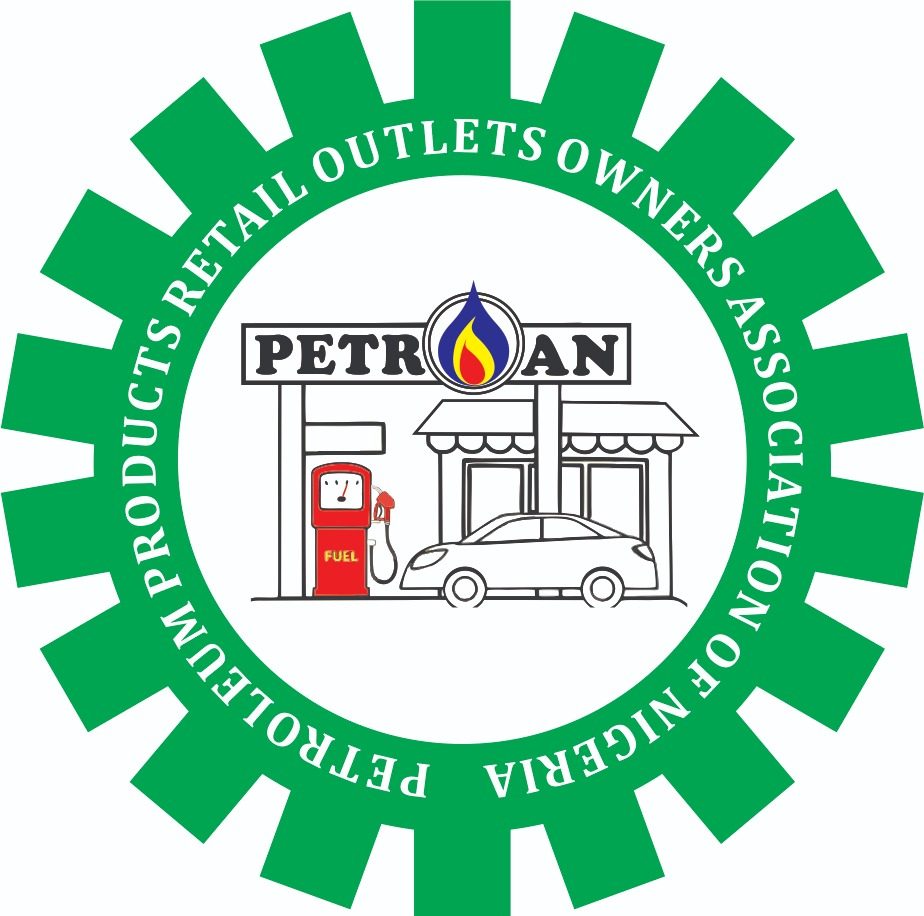The Petroleum Products Retail Outlets Owners Association of Nigeria (PETROAN) has raised red flags over Dangote Refinery’s recent foray into fuel distribution, warning that it could spark a dangerous monopoly and trigger massive job losses across Nigeria’s oil and gas sector.
Speaking in an interview, PETROAN National President, Dr. Billy Gillis-Harry, described the development as a “national concern,” calling on regulatory bodies to step in swiftly.
“This isn’t just a PETROAN issue; it’s a Nigerian concern. If one company controls refining, storage, logistics, marketing, and retail, it will wipe out existing businesses and jobs,” he warned.
The Dangote Group recently announced plans to roll out 4,000 trucks and over 100 compressed natural gas (CNG) stations nationwide. While the initiative aligns with the Federal Government’s energy transition goals, PETROAN fears the move will crush independent marketers, retailers, transporters, and their employees.
Dr. Harry stressed that the industry thrives on a balanced value chain—refining by refineries, storage by depots, transport by logistics firms, marketing by marketers, and sales by retailers. Any shift, he said, could destabilize the entire system.
“Our members own hundreds of trucks. If Dangote handles everything, including retail, the entire value chain collapses,” he added.
He further criticized the lack of stakeholder consultation, saying the announcement came through the media rather than via industry dialogue.
“No single player should define how the sector runs. Regulators must act before it’s too late,” he stated.
While acknowledging Dangote’s remarkable industrial success, Dr. Harry called for inclusivity in sectoral growth, warning against the risks of over-centralization.
“We need his success to lift others—not shut them out. Nigeria needs many strong players, not one strongman,” he concluded.
PETROAN is calling for an emergency industry meeting before August 15, urging all stakeholders to develop a regulatory framework that protects jobs and sustains healthy competition in the sector.




